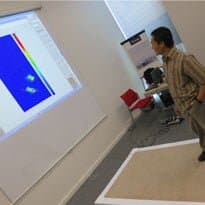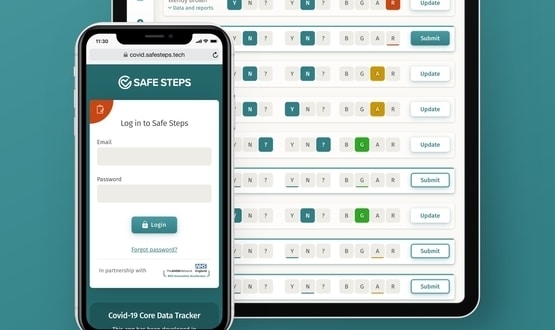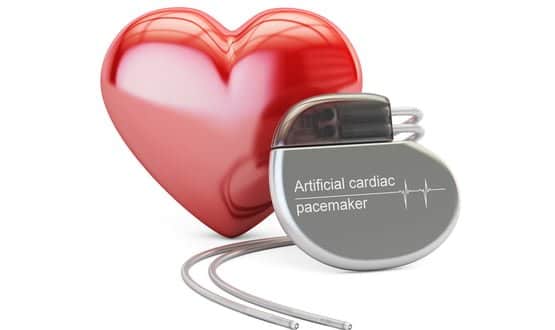‘Magic carpet’ can detect falls
- 12 September 2012

A “magic carpet” has been developed by scientists at the University of Manchester to help detect falls and predict mobility problems.
The developers believe the carpet could be incorporated into care homes or hospital wards to tackle the significant number of falls experienced by the elderly.
It could also be used to identify subtle changes in people’s walking habits so that deterioration in mobility can be monitored.
Optical fibres are incorporated in the underlay of the carpet and bend when a person applies pressure on them, changing the light detected at the carpet’s edges.
Tiny sensors at the edges convert the light into electrical signals, which are relayed to a computer that maps 2D images of the person’s walking patterns.
The system incorporates technology that has been developed at the university for medical scanners.
Dr Patricia Scully, head of the university research team, said: “The carpet can gather a wide range of information about a person’s condition.
"[This can range from] biomechanical to chemical sensing of body fluids, enabling holistic sensing to provide an environment that detects and responds to changes in patient condition.
“The carpet can be retrofitted at low cost, to allow living space to adapt as the occupiers’ needs evolve – particularly relevant with an aging population and for those with long term disabilities.
"It can also be incorporated non-intrusively into any living space or furniture surface.”
Age UK says up to one in three people aged 65 and over fall each year, accounting for 50% of hospital admissions in the age group. The organisation estimates this may be costing the NHS in England up to £4.6m a day.
Head of primary care and community health at the university’s department of nursing, professor Chris Todd, said falls are an important problem in an ageing society.
“Older people will benefit from exercises to improve balance and muscle strength in the legs,” he said.
“So being able to identify changes in people’s walking patterns and gait in the natural environment, such as in a corridor in a nursing home, could really help us identify problems earlier on.”




